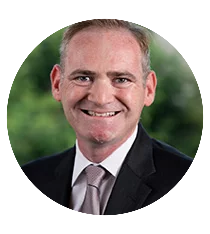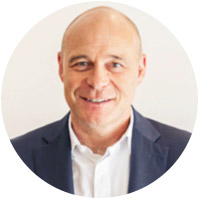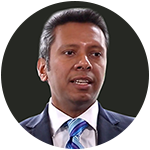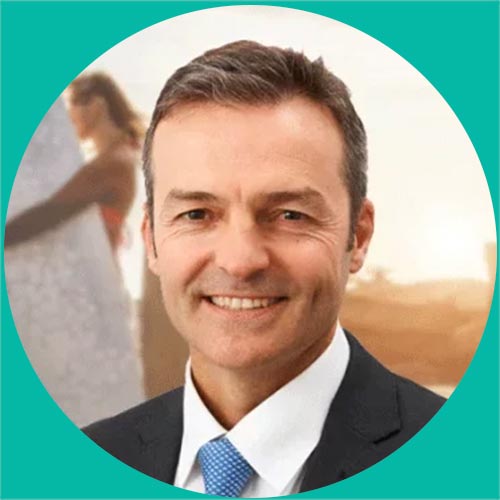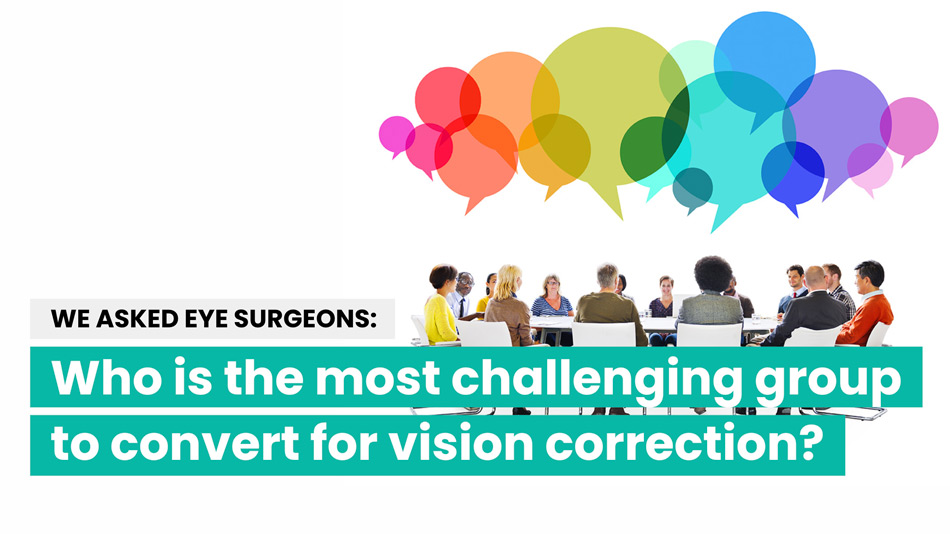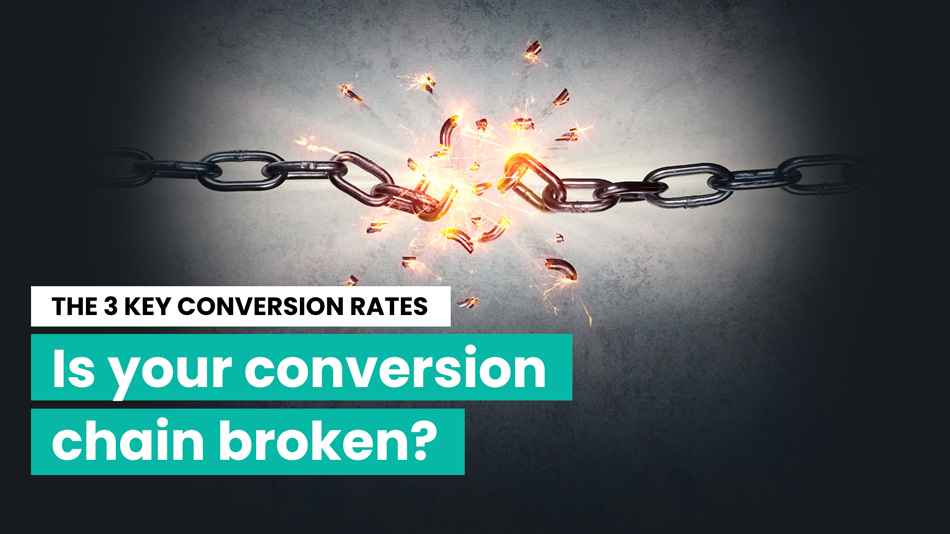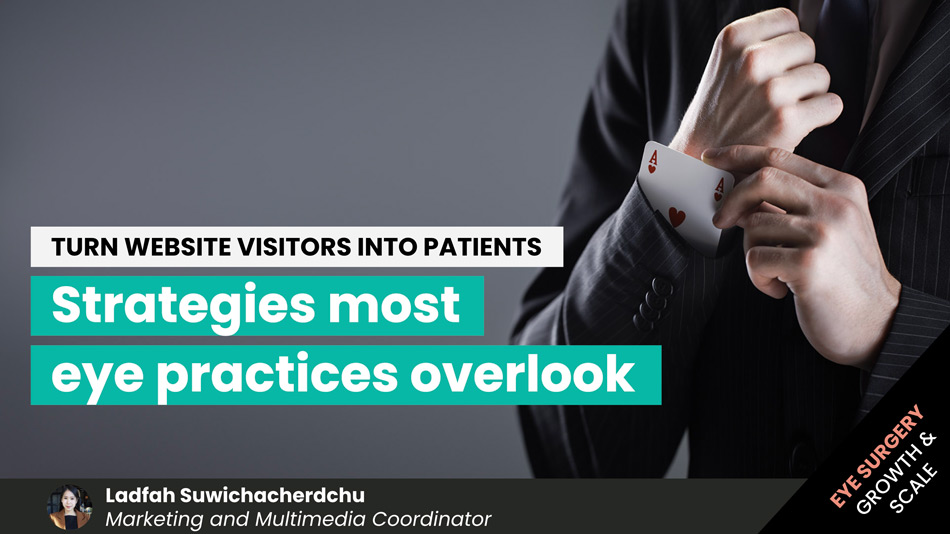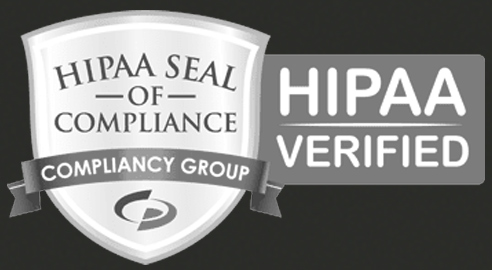Mystery calling as a means to evaluate interpersonal skills training
We conduct about 500 mystery calls a month across professional services markets in the UK (and abroad) to evaluate both individual company and industry aggregate call handling ability. We specifically track how well companies are able to convert telephone calls into a booking for an initial consultation. After conducting a call, our mystery callers grade the call against 27 Telephone Sales Best Practices.
We then evaluate your call handling team’s ability against the Best Practices for call handling. These Best Practices correlate highly with an increased number of initial consultation bookings (the first appointment in your selling process where you have the ability to show your potential customer your services.)
These Best Practices include things like answering the phone within a certain number of rings, providing a proper greeting, inviting callers to make an appointment, asking generic opening questions, providing generic product information, overcoming objections and correct tone of voice.
We’ve further grouped the 27 Best Practices into the 3 Acts of a Telephone Call. The 3 Acts of an effective initial telephone call are called the: Greeting, Opening, and Closing.
The Greeting is the act of welcoming the caller to the conversation by providing some general information and asking for some basic information to begin the call.
The Opening is the act of discovering the caller’s needs, perspectives, buying criteria and fit. It is the most important act in the process, and often the most poorly performed. We are assessing your team’s ability to get the caller’s explanation of the problem they want to fix, how the problem has adversely affected their life in the past, the motivations for why they want the product or service on offer, the solution they imagine to be seeking, how the solution might positively impact their lives, the priorities they have in a provider, the criteria they have for selection, information about how they’ve attempted to solve the problem in the past, information about decision-makers, and ideas regarding their intended timing to fix their problem and enjoy the benefits of your solution.
Closing is the act of making a recommendation, inviting the caller to attend an appointment, or offering them follow up calls if they do not book an appointment.
Product knowledge is based on the respondent’s degree of competence (graded as incompetent, competent, convincing) when answering questions about
- Price
- Quality
- Experience
- Expertise or Specialism
- Unique points of difference
- Knowledge of service basics
Objection handling is scored on the basis of performing all distinctions when overcoming an objection including clarifying objections, empathising with objections, listing, overcoming, trial closing and going back to close. All distinctions need to be implemented in order to achieve a score.
Below is the average from the list of over four hundred untrained companies in our database.
| Act of the call | Best Practice Adherence |
|---|---|
| Act 1: Greeting | 20% |
| Act 2: Opening | 9% |
| Act 3: Closing | 35% |
| Average | 22 |
(NOTE: Trained companies produce significantly higher scores, and higher conversion rates)
After completing our interpersonal skills training, the mystery calls are repeated and progress is recorded.
Not everyone can improve their score, but we find that depending on where you are starting from most companies see their conversion rates increase from a small increment of 1% to higher than even 100%+ improvements. For most of our clients just seeing a very tiny increase in conversion (between 1% to 10%) can mean thousands of pounds/euros/dollars in additional monthly revenue.
Improving your scores involves first identifying the best practices, followed by instruction in their use (training) and practice in their application (roleplay). Finally, you must verify that the best practices are being applied through observation (auditing recorded calls).
NOTE: The best way to answer that nagging question about practice growth or marketing or patient volume in the back of your mind is to book a free 15-minute compatibility call. Get some options and go away with a clear idea of what’s possible.
About the author

LiveseySolar
LiveseySolar’s mission is to double the size of 150 cataract and refractive surgery practices. Using our proven marketing frameworks and deep market knowledge, our customers can predictably and sustainably grow their practices so that they can enjoy a healthy balance between both worlds – a successful private practice and a happy life.
Related Posts
Meet our Co-Founders
We’re passionate about helping leaders of high-quality, growth-minded practice owners double their practice revenue
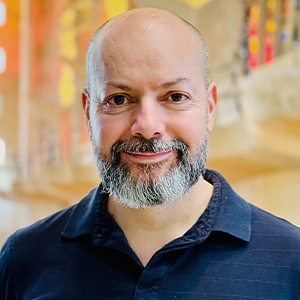
Rod Solar
Founder & Scalable Business Advisor
For over 20 years, I’ve helped ophthalmology entrepreneurs scale their private practices. I specialise in doubling revenue within three years by offering a proven framework, hands-on experience, and a team of experts who implement what works. We take the guesswork out of growth and scale, so you can focus on delivering exceptional patient care while maximising the value of your business.
LiveseySolar completely transformed the way we were approaching this… We’ve gone from having just the dream of having a practice to having a practice up and running with people making inquiries and booking for procedures… It’s extremely pleasing. We feel lucky we connected with LiveseySolar.
— Dr Matthew Russell, MBChB, FRANZCO, specialist ophthalmic surgeon and founder of VSON and OKKO
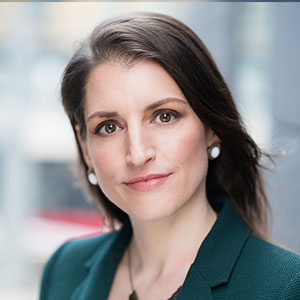
Laura Livesey
Founder & CEO
I’m the co-founder & CEO of LiveseySolar. I’ve developed powerful eye surgery marketing systems that increase patient volumes and profits for doctors, clinics, and hospitals, since 1997.
Rod and Laura know as much about marketing surgery to patients as I know about performing it. They are an expert in the field of laser eye surgery marketing. They know this industry inside out. I believe that they could help many companies in a variety of areas including marketing materials, sales training and marketing support for doctors.
— Prof. Dan Reinstein, MD MA FRSC DABO, founder of the London Vision Clinic, UK


